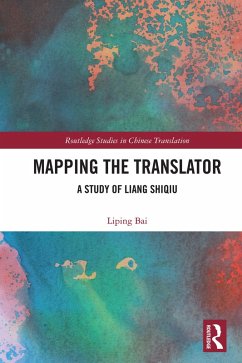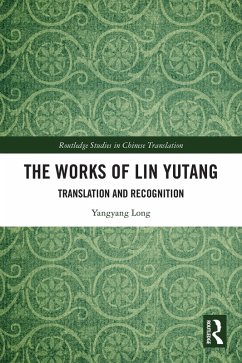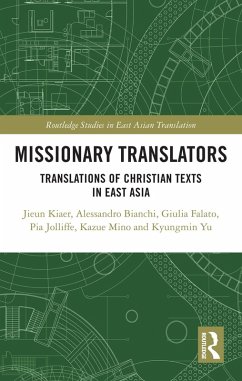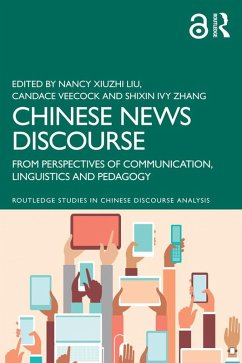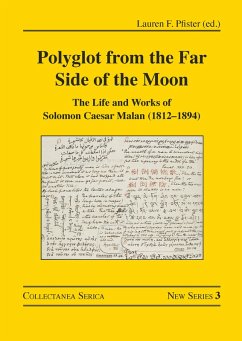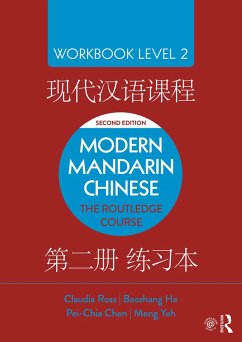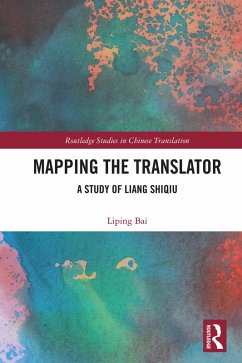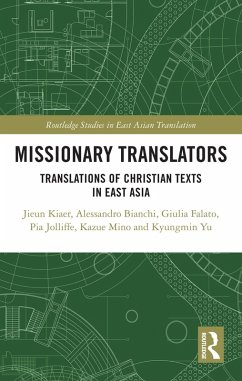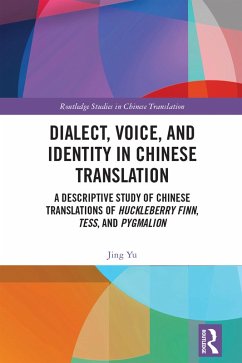
The Works of Lin Yutang (eBook, ePUB)
Translation and Recognition
Versandkostenfrei!
Sofort per Download lieferbar
39,95 €
inkl. MwSt.
Weitere Ausgaben:

PAYBACK Punkte
20 °P sammeln!
The Works of Lin Yutang is the first book to provide a comprehensive study of Lin Yutang's translation theory and translated (and written) works in English as a whole, examined from the perspective of his pursuit of recognition of cultural equity between China and the English-speaking world.The arc of the book is Lin's new method of translating China to the Anglophone world, which is crucial to rendering Chinese culture as an equal member of the modern world. This book identifies Lin's legacy of translation and recognition as his acknowledgement of source and target cultural territories in tra...
The Works of Lin Yutang is the first book to provide a comprehensive study of Lin Yutang's translation theory and translated (and written) works in English as a whole, examined from the perspective of his pursuit of recognition of cultural equity between China and the English-speaking world.
The arc of the book is Lin's new method of translating China to the Anglophone world, which is crucial to rendering Chinese culture as an equal member of the modern world. This book identifies Lin's legacy of translation and recognition as his acknowledgement of source and target cultural territories in translation, and at the same time, his questioning of perspectives that privilege the authority of either.
This book will appeal to scholars and students in Translation Studies, World and Comparative Literature, Literary and Cultural Studies, and Chinese Studies. It can also be used as a reference work for practitioners in translation and creative writing.
The arc of the book is Lin's new method of translating China to the Anglophone world, which is crucial to rendering Chinese culture as an equal member of the modern world. This book identifies Lin's legacy of translation and recognition as his acknowledgement of source and target cultural territories in translation, and at the same time, his questioning of perspectives that privilege the authority of either.
This book will appeal to scholars and students in Translation Studies, World and Comparative Literature, Literary and Cultural Studies, and Chinese Studies. It can also be used as a reference work for practitioners in translation and creative writing.
Dieser Download kann aus rechtlichen Gründen nur mit Rechnungsadresse in A, B, BG, CY, CZ, D, DK, EW, E, FIN, F, GR, HR, H, IRL, I, LT, L, LR, M, NL, PL, P, R, S, SLO, SK ausgeliefert werden.




